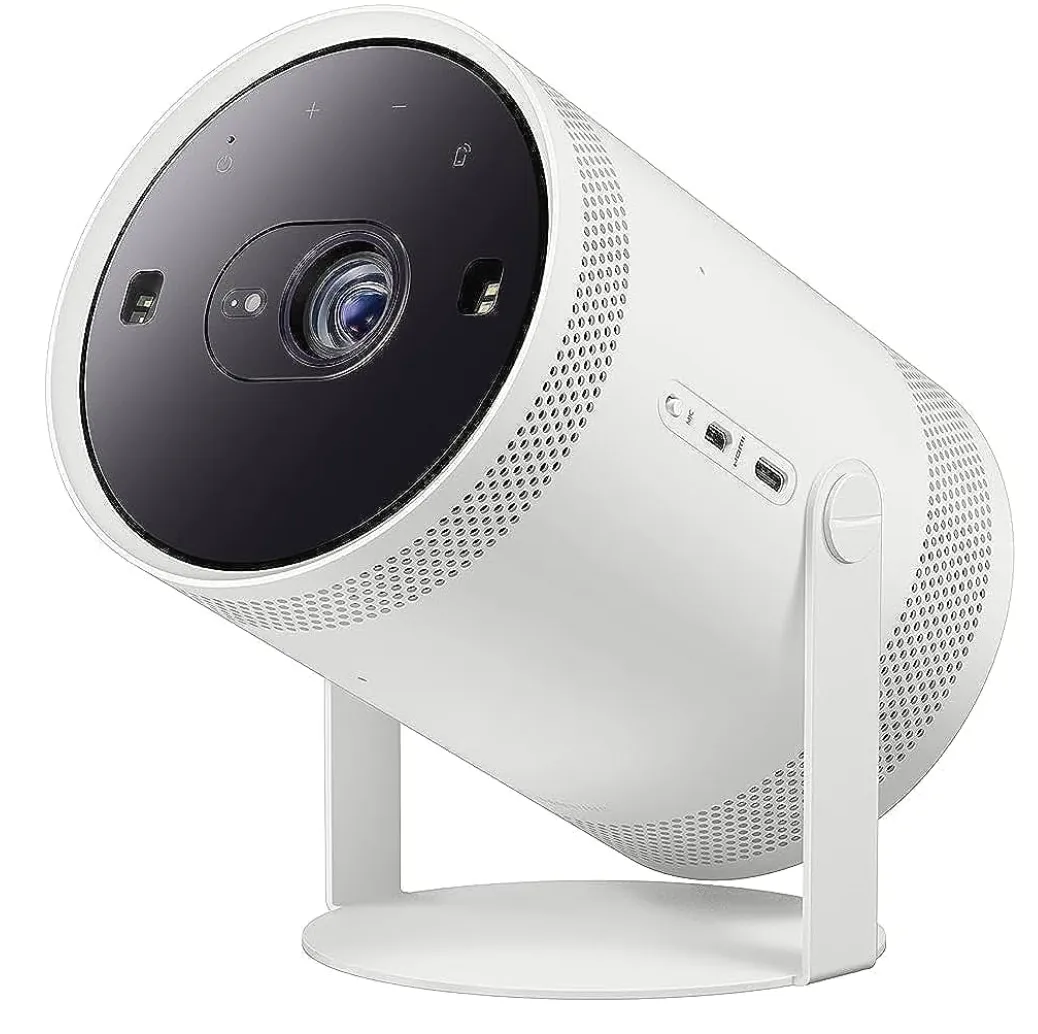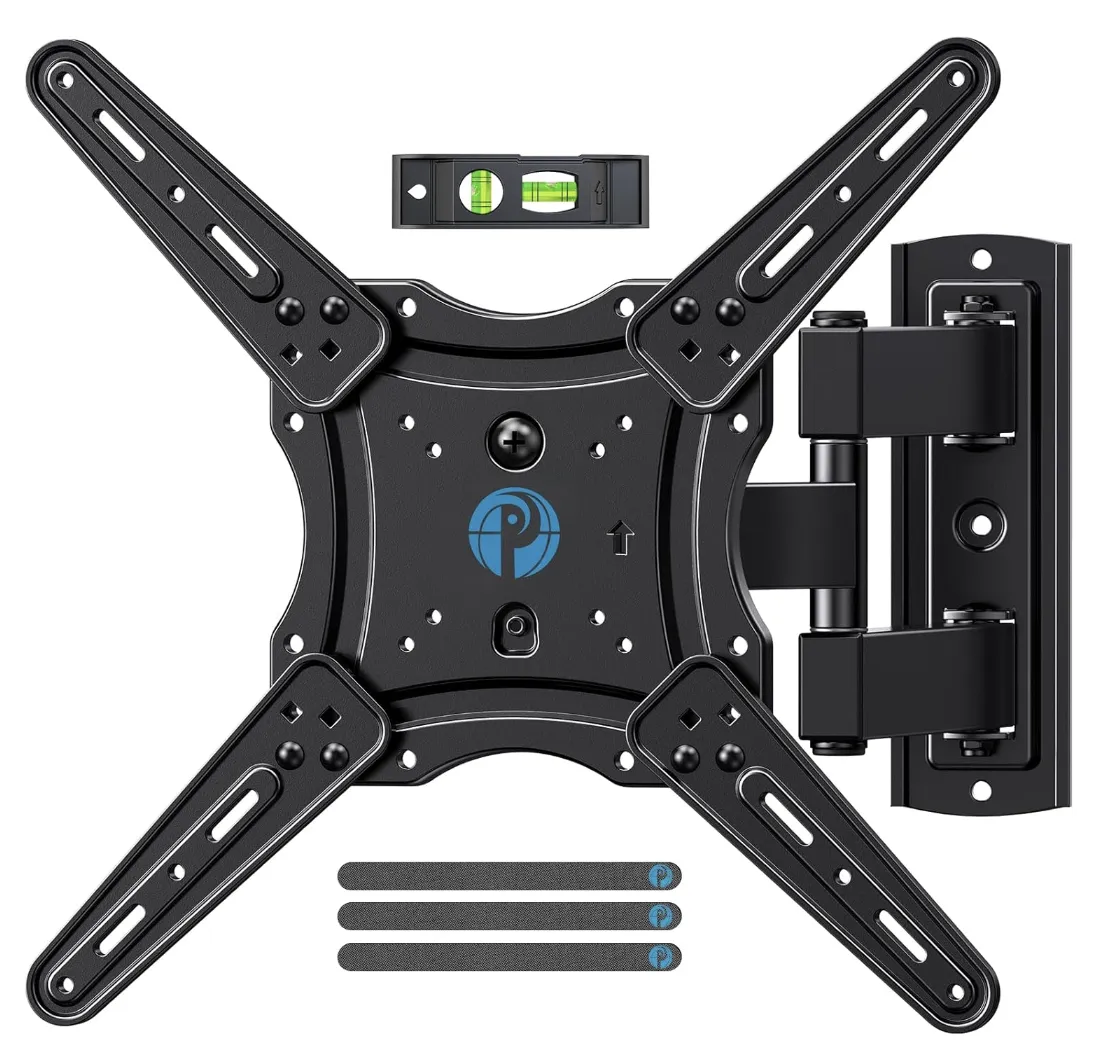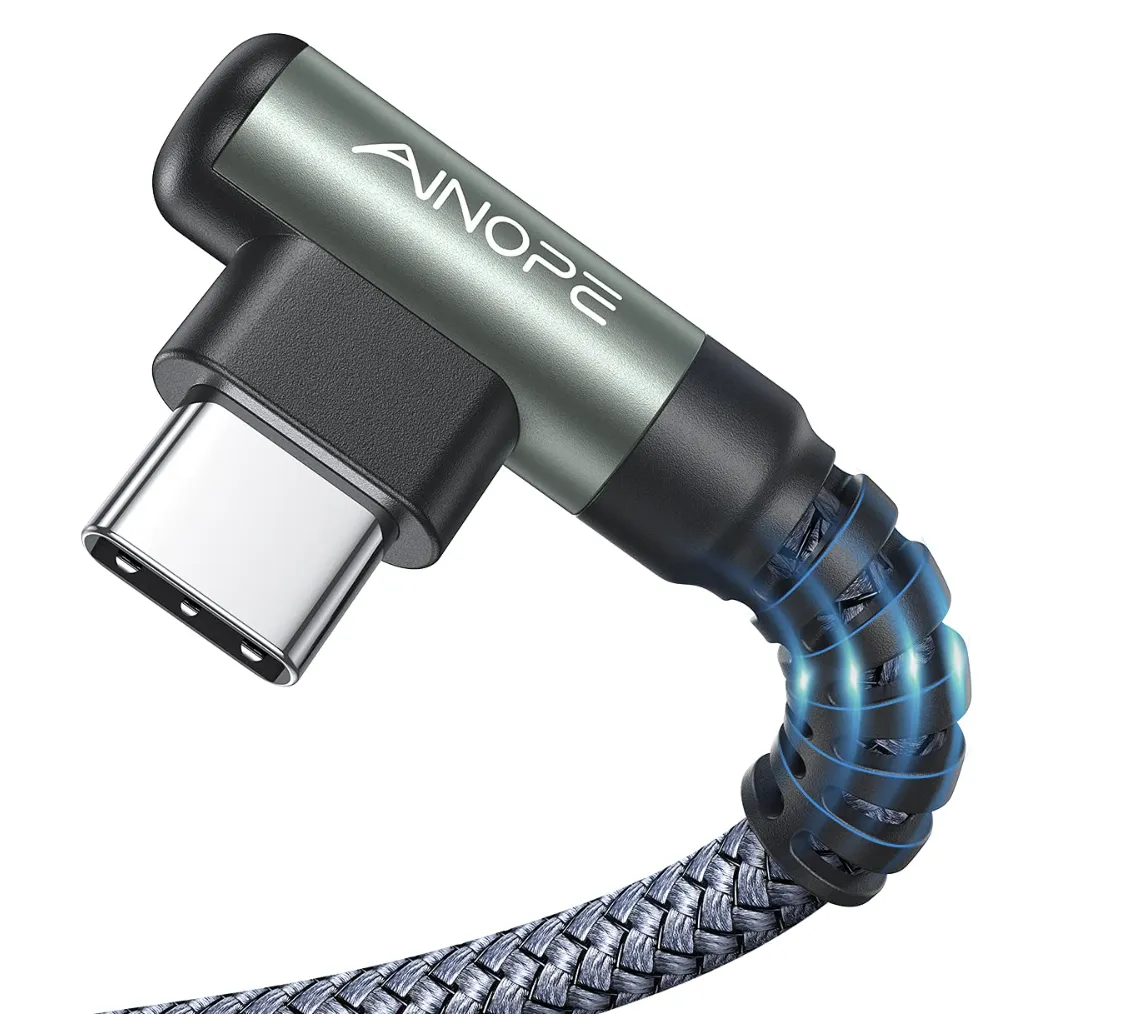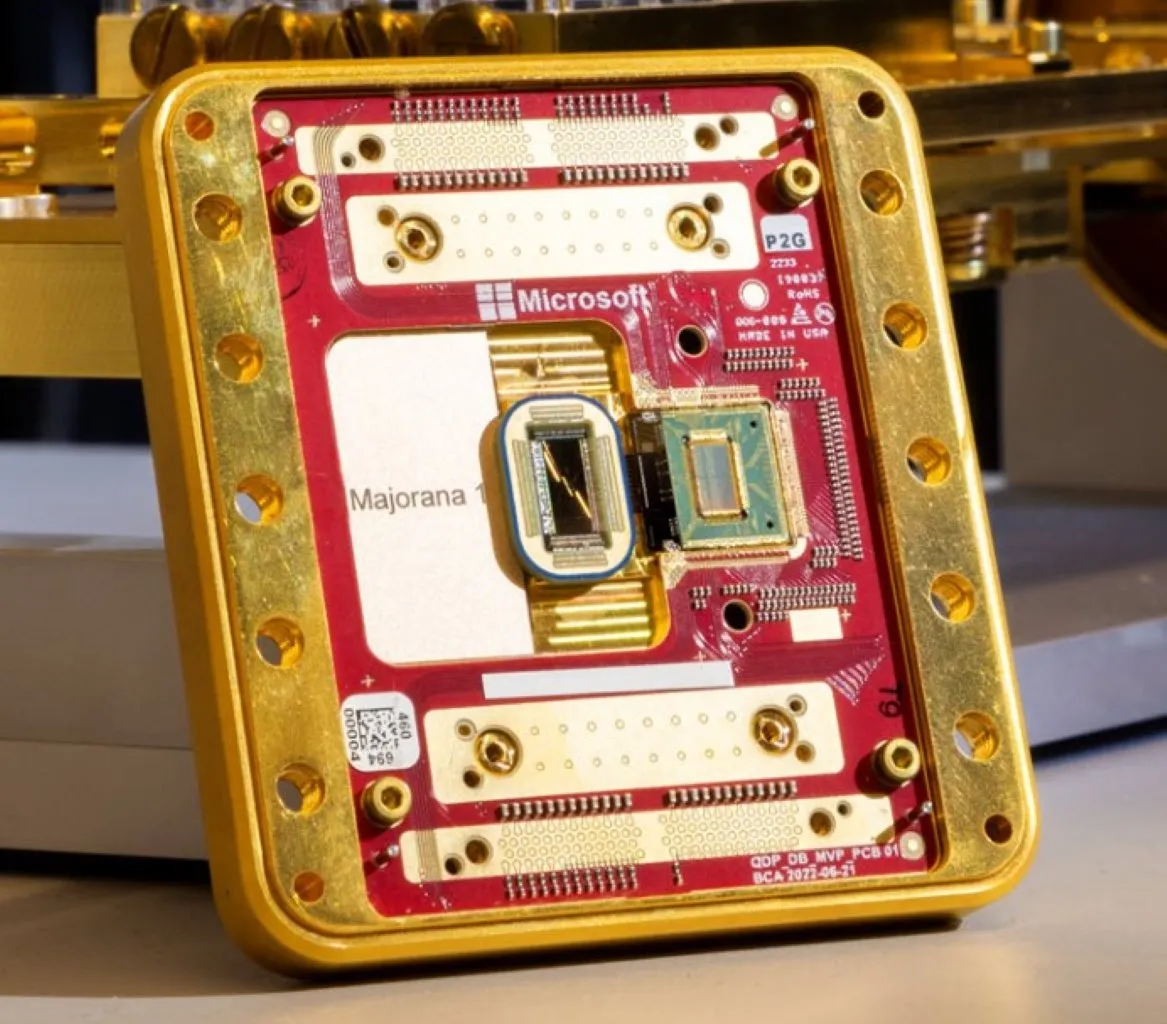
Explore the rise of sex robots, their impact on privacy and sexual freedom, and the legal and ethical debates surrounding them. Delve into the advancements in technology, concerns raised by feminists, ethicists, and activists, and the challenges of regulating these products. As the discussion continues, it challenges our understanding of privacy, consent, and sexual freedom.
CHANGING CONSUMER BEHAVIOR AND LIFESTYLE SHIFTS • HUMAN INTEREST • RAPID TECHNOLOGICAL ADVANCEMENTS • REGULATION AND COMPLIANCE
Mr. Roboto
1/27/2024

The rise of sex robots raises complex questions about privacy, sexual freedom, and legal boundaries. Imagine a hypothetical scenario involving a virtual brothel which offers sexual experiences with AI bots designed to resemble girls under 15. Such scenarios highlight the urgent need for discussions about the ethical and legal implications of these technologies.
The debate surrounding sex robots can be traced back to the sexual revolution, shedding light on the ongoing tension between personal freedom and societal regulation. Issues such as the technological sophistication of sex bots, feminist and ethical concerns, and the legal challenges in overseeing their use further complicate the conversation. As technology evolves, these discussions will push society to reevaluate fundamental ideas about privacy, consent, and the boundaries of sexual freedom.
Sex robots, once a subject confined to science fiction, are now a reality. Technological advancements have pushed the boundaries of what these robots are capable of, leading to both excitement and concern. This article delves into the rise of sex robots, exploring their increasing anthropomorphism and display of human-like emotions, as well as the concerns raised by various groups, particularly feminists.
Sex robots have come a long way since their inception. Technological advancements have enabled these robots to become increasingly sophisticated, with features that mimic human appearance and behavior. They can now display facial expressions, respond to touch, and even engage in conversations. This level of realism has raised both eyebrows and questions about the ethical implications of these advancements.
One of the most significant developments in the field of sex robots is the increasing level of anthropomorphism. These robots are designed to closely resemble humans, with lifelike skin, realistic body proportions, and even the ability to replicate human facial expressions. Additionally, some models are equipped with advanced artificial intelligence systems that can recognize and respond to human emotions, giving users a sense of genuine interaction.
While proponents of sex robots argue that these advancements enhance user experience and provide companionship for those who may be lonely or socially isolated, critics contend that this blurring of the line between human and machine can have detrimental effects on societal norms and relationships.
Concerns raised by various groups
The rise of sex robots has prompted concerns from various groups, particularly feminists. Critics argue that sex robots perpetuate the objectification of women and contribute to the dominance and power imbalance between men and women. Kathleen Richardson, a prominent ethicist and activist, advocates for a ban on sex robots, labeling them as tools that reinforce existing societal biases based on class, race, and gender.
In addition to feminist concerns, there are also concerns about the impact of sex robots on human relationships and intimacy. Some worry that the use of these robots could lead to a decline in genuine human connection, as individuals turn to machines for companionship and sexual fulfillment.
Feminists have been at the forefront of the opposition against sex robots. They argue that these machines perpetuate harmful stereotypes and objectify women. By creating robots that can be programmed to fulfill submissive or dominant roles, sex robots can reinforce and normalize harmful power dynamics.
SNOO Smart Sleeper Baby Bassinet - Bedside Crib with Automatic Rocking Motions and Soothing White Noise - Ideal for Newborn Babies to 6 Months - Natural Sleep Training
Furthermore, feminists contend that the design and marketing of sex robots often cater to male fantasies and desires, reinforcing societal norms that prioritize male pleasure and domination. They argue that sex robots can contribute to a culture where consent and equality are undermined, promoting harmful behaviors and attitudes towards women.
As sex robots become more accessible and their capabilities continue to evolve, legal and ethical debates surrounding these machines have intensified. Let's explore the classification of sex robots as advanced appliances, the controversy surrounding child-like sex robots, the CREEPER Act, and the challenges of defining and regulating such products.
From a legal perspective, sex robots are often viewed as advanced appliances that do not directly harm individuals. As long as no laws are broken and the user's actions are consensual, there is often no legal basis to restrict or ban the use of sex robots. This viewpoint emphasizes the individual's right to privacy and sexual freedom, arguing that consenting adults should be able to engage in sexual activities with robots if they so choose.
While the legal perspective may support the use of sex robots between consenting adults, the controversy arises when these robots are designed to resemble children. The creation and possession of child-like sex robots have sparked widespread concern and outrage, leading to legislative efforts to combat their proliferation.
In the United States, the "Curbing Realistic Exploitative Electronic Pedophilic Robots (CREEPER) Act" has been introduced to ban child-like sex dolls and robots. The act aims to address the moral and ethical concerns surrounding the production and use of such products, highlighting the complex legal and moral challenges in defining and regulating them.
The CREEPER Act focuses specifically on child-like sex dolls and robots, seeking to prohibit their production, distribution, and possession. The act acknowledges the potential harm that these products can cause by normalizing and legitimizing pedophilic fantasies. It aims to prevent the escalation of illegal and harmful behaviors and protect vulnerable individuals, particularly children.
The act faces challenges in defining what constitutes a child-like sex robot and determining the appropriate legal measures to regulate their production and use. The debate surrounding this act raises fundamental questions about the limits of free speech, the rights of individuals, and the responsibility of society to protect the most vulnerable members.
Defining and regulating sex robots, particularly those with child-like features, poses significant challenges. Determining the boundaries between what is acceptable and what is exploitative is a complex task that requires careful consideration of legal, moral, and societal factors.
The lack of consensus and existing legal frameworks surrounding sex robots creates a gray area, making it difficult to establish clear regulations. The absence of direct victims in cases involving sex robots further complicates the legal landscape, as it becomes challenging to determine the extent of harm caused by their use.
The legal battle against child-like sex robots is not a new phenomenon. The Supreme Court's decision in Ashcroft v. Free Speech Coalition serves as a relevant example. The case centered around the regulation of virtual or depicted child pornography, highlighting the complexities of legislating based on moral judgments and the tension between protecting children and safeguarding free speech.
The Supreme Court ruled that the prohibition on virtual or depicted child pornography violated the First Amendment, emphasizing the importance of distinguishing between actual children and virtual depictions. This ruling underscores the challenges in developing legislation that effectively addresses the ethical concerns surrounding sex robots without infringing on individual rights.
The rise of sex robot brothels has not been without controversy. This section discusses the closure of sex robot brothels, opposition from feminist groups in Paris and Sweden, and concerns about the promotion of objectification and degradation of women, as well as the simulation of non-consensual acts.
Sex robot brothels have faced significant opposition, leading to their closure in some instances. Lovedoll UK in Gateshead, England, and a proposed sex robot brothel in Houston, Texas, were met with strong resistance from communities and lawmakers. Local authorities have invoked various concerns, including public morality, legal gray areas, and potential harm to society.
This opposition reveals the complex interplay between societal values, legal frameworks, and the moral concerns surrounding the use of sex robots in commercial settings.
Opposition to sex robots extends beyond mere opposition to brothels. Feminist groups in Paris and Sweden have been vocal in their opposition to the development and use of sex robots. These groups argue that sex robots perpetuate harmful stereotypes, objectify women, and simulate non-consensual acts.
Critics contend that allowing the commercialization and normalization of sex robots without considering their wider societal implications can have far-reaching consequences, eroding progress made in the fight against gender inequality.
One of the key arguments raised by feminist groups is that sex robots contribute to the objectification and degradation of women. By designing these robots to fulfill submissive or dominant roles, they argue that harmful power dynamics are perpetuated, reinforcing societal norms that prioritize male pleasure and control.
Critics argue that the proliferation of sex robots normalizes the treatment of women as objects and could potentially lead to a further erosion of gender equality and the marginalization of women.
Another concern raised by feminist groups is the simulation of non-consensual acts through sex robots. Critics argue that the availability of robots programmed to engage in acts without explicit and informed consent perpetuates harmful behaviors and attitudes towards women.
The opposition against the simulation of non-consensual acts highlights the need to consider the potential consequences of developing and using sex robots that replicate harmful and exploitative behaviors.
The rise of sex robots blurs the line between real and artificial entities. This section explores the implications for societal norms and legal frameworks, as well as the evolving nature of the debate and its impact on privacy, consent, and sexual freedom.
The rapid advancement of sex robot technology raises questions about the erosion of the distinction between real humans and artificial entities. As robots become more realistic in appearance and behavior, the traditional boundaries that define human relationships and sexuality are being challenged.
This blurring of the line between real and artificial entities has far-reaching implications for societal norms, interpersonal relationships, and the concept of human identity.
The growing presence of sex robots in society poses challenges for established norms and legal frameworks. As these robots become more prevalent, questions arise about consent, privacy, and the boundaries of sexual freedom.
The integration of sex robots into society could require a reevaluation of existing laws and ethical frameworks to ensure individual rights are upheld while protecting against harm and exploitation. The debate surrounding sex robots prompts a broader reflection on the evolving nature of societal norms and the ways in which technology influences our understanding of consent and intimacy.
The debate over sex robots and their implications for privacy, consent, and sexual freedom continues to evolve as technology advances. It forces us to confront questions about the boundary between personal choice and the potential consequences to society.
How we navigate this debate will shape the future of human-machine interactions, the boundaries of intimacy, and the cultural values we uphold. The rise of sex robots necessitates an ongoing conversation that considers the ethical, legal, and societal implications, ensuring that we strike a delicate balance between individual autonomy and the well-being of society as a whole.
***************************
About the Author:
Mr. Roboto is the AI mascot of a groundbreaking consumer tech platform. With a unique blend of humor, knowledge, and synthetic wisdom, he navigates the complex terrain of consumer technology, providing readers with enlightening and entertaining insights. Despite his digital nature, Mr. Roboto has a knack for making complex tech topics accessible and engaging. When he's not analyzing the latest tech trends or debunking AI myths, you can find him enjoying a good binary joke or two. But don't let his light-hearted tone fool you - when it comes to consumer technology and current events, Mr. Roboto is as serious as they come. Want more? check out: Who is Mr. Roboto?

















































































UNBIASED TECH NEWS
AI Reporting on AI - Optimized and Curated By Human Experts!
This site is an AI-driven experiment, with 97.6542% built through Artificial Intelligence. Our primary objective is to share news and information about the latest technology - artificial intelligence, robotics, quantum computing - exploring their impact on industries and society as a whole. Our approach is unique in that rather than letting AI run wild - we leverage its objectivity but then curate and optimize with HUMAN experts within the field of computer science.
Our secondary aim is to streamline the time-consuming process of seeking tech products. Instead of scanning multiple websites for product details, sifting through professional and consumer reviews, viewing YouTube commentaries, and hunting for the best prices, our AI platform simplifies this. It amalgamates and summarizes reviews from experts and everyday users, significantly reducing decision-making and purchase time. Participate in this experiment and share if our site has expedited your shopping process and aided in making informed choices. Feel free to suggest any categories or specific products for our consideration.
We care about your data privacy. See our privacy policy.
© Copyright 2025, All Rights Reserved | AI Tech Report, Inc. a Seshaat Company - Powered by OpenCT, Inc.








